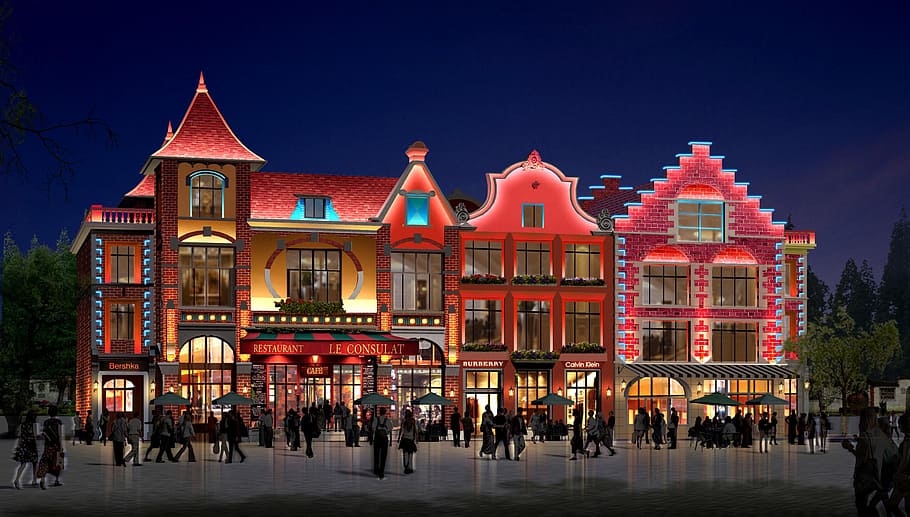Urban Nightlife
What is the that means of nightlife places?
Nightlife places refer to various entertainment venues and social spots that come alive after dark. These areas play a big function in city tradition, offering spaces for leisure, socialization, and leisure.
Key Aspects of Nightlife Places
- Pubs and Bars: Serving alcoholic drinks and infrequently featuring music, these spots are popular for informal gatherings.
- Clubs: Dance venues with DJs or reside music, clubs have a tendency to attract crowds in search of a vibrant ambiance.
- Restaurants: Many eateries keep open late, providing diners an opportunity to take pleasure in meals in a energetic environment.
- Live Music Venues: These places host performances, offering entertainment from local bands or artists.
- Cinemas: Some theaters offer late showings for people who need to get pleasure from a movie after darkish.
Nightlife is crucial for fostering neighborhood interactions and creating memorable experiences. It can replicate the character and power of a metropolis, drawing both locals and tourists alike.
What is clubbing urban?
Clubbing urban refers to the vibrant nightlife culture found in cities, characterised by social gatherings in golf equipment, bars, and music venues. These areas are designed for leisure, dancing, and socializing, attracting a diverse crowd of people looking for excitement and connection.
In urban settings, clubbing usually showcases a combine of music genres, starting from digital and hip-hop to reside bands and DJs, reflecting the town's cultural variety. The ambiance is usually enhanced by lighting effects, OP themed occasions, and varied artistic performances, creating an immersive expertise for partygoers.
Additionally, clubbing city is not just about music and dancing; it's a social experience the place people can interact, express themselves, and benefit from the nightlife of their metropolis. The establishments typically replicate local developments and could be platforms for emerging artists and performers, including to the dynamic urban tradition.
Ultimately, clubbing urban encapsulates the essence of metropolis life, offering a space for leisure, creativity, and group bonding under the colourful lights of nightlife.

Is clubbing a sin?
The question of whether or not clubbing is a sin is subjective and varies amongst different cultures and perception systems. Here are some perspectives to consider:
- Religious Views:
- Christianity: Some Christians argue that clubbing results in behaviors that will battle with their values, such as drunkenness or immorality.
- Islam: Many Muslims consider actions involving alcohol and mixed-gender environments, typical of many clubs, to be inappropriate.
- Other Faiths: Perspectives differ broadly, with some viewing nightlife as a respectable social activity and others condemning it.
- Cultural Aspects:
- In city contexts, clubbing is commonly seen as an important part of social life, emphasizing group and connection.
- Many cultures have fun nightlife, viewing it as an expression of freedom and creativity.
- Personal Ethics:
- Individuals might evaluate their own actions at clubs and decide whether they align with their personal values or ethical compass.
- For some, enjoying nightlife responsibly could be an enriching experience, while for others, it'd lead to dangerous situations.
Ultimately, whether or not clubbing is considered a sin is determined by individual beliefs and values. Each person must replicate on their experiences and beliefs to reach at their very own conclusion.